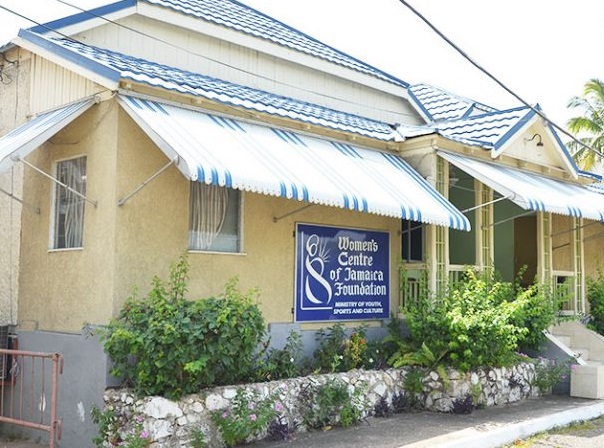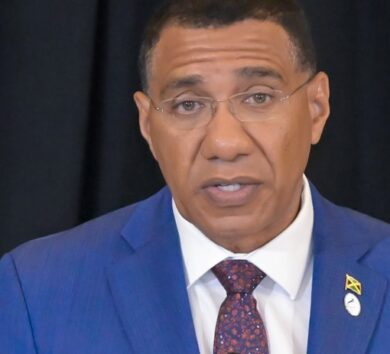

UNICEF Jamaica has sought to address statements made in the Senate last week about Jamaica’s school dropout rate due to teenage pregnancy, and a recommendation about increasing the age of sexual consent from 16 to 18 years old, which the organisation said might give a misleading impression about its data on the former and its position on the latter.
In a statement, UNICEF Jamaica said the June 2021 Public Expenditure Review of the Education
Sector in Jamaica, published by UNICEF and the World Bank points out that, in Jamaica, school attendance among children up to 16 years is almost universal [close to 100 per cent].
“The percentage of 17 to 21-year-olds who did not complete secondary education (11th grade) and were not enrolled in formal education, declined from 14 per cent in 2010 to 10 per cent in 2017, according to Jamaica’s Survey of Living Conditions,” UNICEF Jamaica said.
The report notes that, in 2017 therefore, about 90 per cent of 17 to 21-year-olds had completed education to at least 11th grade or were otherwise enrolled in formal education.
A breakdown of those who had dropped out of the system reveals that only seven per cent of females (and 14 per cent of males) did not reach grade 11. Among girls and young women, the main reason given for not completing their education to grade 11 level was “pregnancy”, followed by “money problems”.

Addressing the Senate last Friday (December 2), Damion Crawford, the opposition spokesman on education, had argued that the UNICEF study sition Spokesman on Education Damion Crawford said that the UNICEF study had indicated that the objective of a minimum age of sexual consent was to protect adolescents from sexual abuse and to protect them from the impact on their development of early sexual activity.
Crawford, who was making contribution to the State of the Nation Debate, had suggested that one of the consequences of early sexual activity was that young girls become pregnant and “lose their future”.
He said the UNICEF study also stated that young adolescents could be lured into sexual activity by older adults in exchange for goods.

In its clarifying statement, UNICEF Jamaica said that, despite the misunderstanding of its data, the issues raised in Parliament point to two serious challenges facing Jamaican girls:
1. The coercion or luring of many girls, particularly those from disadvantaged backgrounds, into early sexual activity by older adults who provide money, goods or favours in exchange for sex, and
2. The inability of many girls to continue their education because of early pregnancy.
The objective of the minimum age of sexual consent is to protect adolescents from sexual abuse and from the consequences of early sexual activity on their rights and development, including their right to an
education. Most Caribbean countries have set the minimum age of consent at 16.
PARLIAMENT DELIBERATED ISSUE IN 2018
UNICEF recommends that the legal minimum age for sexual consent should take in the evolving capacities of adolescents and balance this with their protection. UNICEF also recommends that close in age exceptions be made when it comes to sexual activity between two adolescents.
In fact, a joint select committee of Parliament deliberated the issue in 2018 and agreed that close-in-age exceptions should be considered under the law.
Based on this guidance, and on our focus on protecting the rights of every child, UNICEF believes the following considerations are critical in protecting our girls from sexual abuse and exploitation and in
ensuring their right to an education:
Ensuring every child in Jamaica is protected from sexual abuse and exploitation through enactment and enforcement of robust legislation like the Child Care and Protection Act, building strong child protection agencies and fostering responsive and caring families, communities, and social institutions.

Providing every Jamaican child with access to relevant knowledge and life skills programmes which help in safe and healthy decision making.
Ensuring every girl who becomes pregnant can continue and complete her secondary level education through strengthening and expanding the work of programmes such as the Women’s Centre of Jamaica Foundation (WCJF), which has been an effective and long-standing partner of UNICEF Jamaica.
UNICEF said it welcomed the willingness of decision-makers to discuss the issues but appeals to them to ensure a complete understanding of the data available.
UNICEF further asks that the data be used to improve systems to give children adequate information about sexual health and inter-personal relationships, provide access to health services and counselling, ensure access to continued education and protect them from abuse and exploitation.







Comments